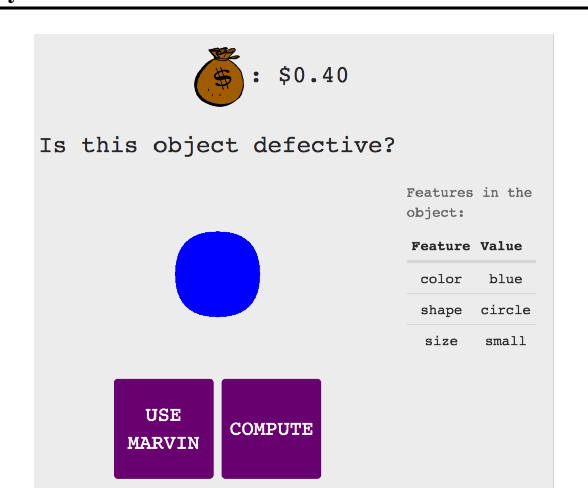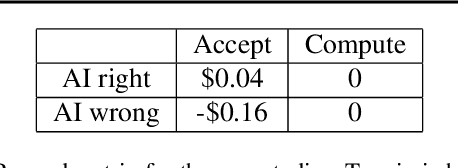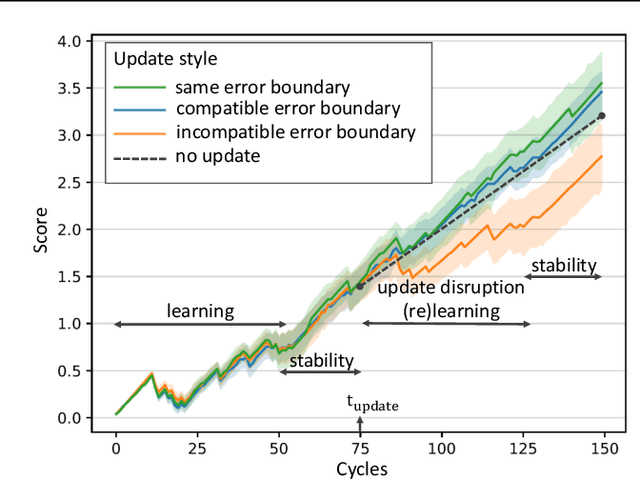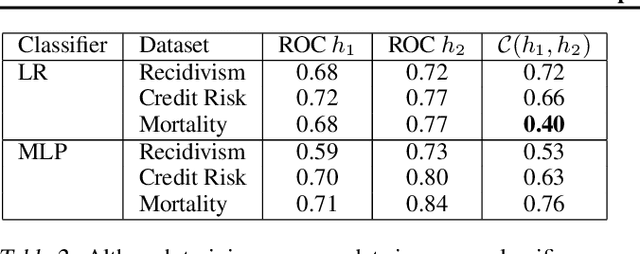Dan Weld
OpenScholar: Synthesizing Scientific Literature with Retrieval-augmented LMs
Nov 21, 2024



Abstract:Scientific progress depends on researchers' ability to synthesize the growing body of literature. Can large language models (LMs) assist scientists in this task? We introduce OpenScholar, a specialized retrieval-augmented LM that answers scientific queries by identifying relevant passages from 45 million open-access papers and synthesizing citation-backed responses. To evaluate OpenScholar, we develop ScholarQABench, the first large-scale multi-domain benchmark for literature search, comprising 2,967 expert-written queries and 208 long-form answers across computer science, physics, neuroscience, and biomedicine. On ScholarQABench, OpenScholar-8B outperforms GPT-4o by 5% and PaperQA2 by 7% in correctness, despite being a smaller, open model. While GPT4o hallucinates citations 78 to 90% of the time, OpenScholar achieves citation accuracy on par with human experts. OpenScholar's datastore, retriever, and self-feedback inference loop also improves off-the-shelf LMs: for instance, OpenScholar-GPT4o improves GPT-4o's correctness by 12%. In human evaluations, experts preferred OpenScholar-8B and OpenScholar-GPT4o responses over expert-written ones 51% and 70% of the time, respectively, compared to GPT4o's 32%. We open-source all of our code, models, datastore, data and a public demo.
A Case for Backward Compatibility for Human-AI Teams
Jun 04, 2019



Abstract:AI systems are being deployed to support human decision making in high-stakes domains. In many cases, the human and AI form a team, in which the human makes decisions after reviewing the AI's inferences. A successful partnership requires that the human develops insights into the performance of the AI system, including its failures. We study the influence of updates to an AI system in this setting. While updates can increase the AI's predictive performance, they may also lead to changes that are at odds with the user's prior experiences and confidence in the AI's inferences, hurting therefore the overall team performance. We introduce the notion of the compatibility of an AI update with prior user experience and present methods for studying the role of compatibility in human-AI teams. Empirical results on three high-stakes domains show that current machine learning algorithms do not produce compatible updates. We propose a re-training objective to improve the compatibility of an update by penalizing new errors. The objective offers full leverage of the performance/compatibility tradeoff, enabling more compatible yet accurate updates.
 Add to Chrome
Add to Chrome Add to Firefox
Add to Firefox Add to Edge
Add to Edge